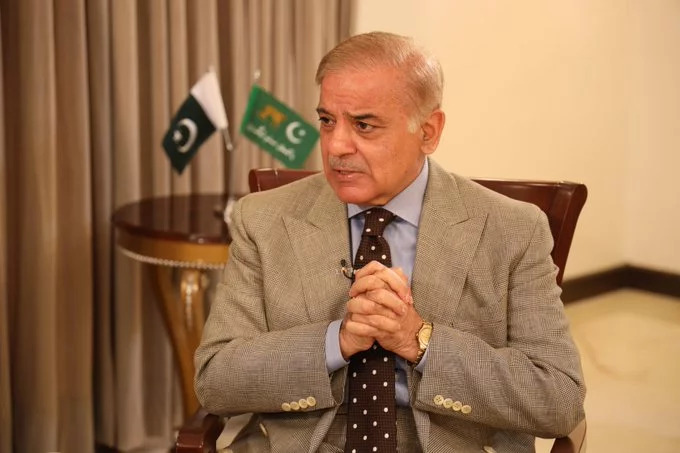Pakistan, battling a severe economic crisis, is now bracing for a harsh winter with the deepening energy shortage. Last month, Russian President Vladimir Putin said that Moscow was in a position to supply gas to Pakistan as pipeline infrastructure was in place but the Shehbaz Sharif government which is now going all out to woo Washington may find it difficult to source Russian gas.
The ongoing Russia-Ukraine war, analysts said, is set to deal a blow to Pakistan’s energy sector as Islamabad -Washington ties improve. Pakistan’s dependence on imported liquefied natural gas (LNG) has increased over the years and now the rise in global fuel prices has become a cause for concern.
With limited foreign exchange reserves, the country’s ability to import LNG is also restricted. Meanwhile, Pakistan LNG Limited (PLL), the wholly-owned subsidiary of Government Holdings Private Limited (GHPL), which floated a tender for the purchase of liquified natural gas (LNG) failed to receive any bid from international suppliers. The tender expired earlier this week. Though the Sharif government has assured citizens that alternative plans are being worked out, analysts said that Pakistan may not be able to avoid the consequences driven by the global energy crisis.
The country’s public policy think-tank Pakistan Institute of Development Economics, in a recent report said that demand for natural gas has risen by 11 per cent in the last few years though 78 per cent of households have no access to natural gas, natural gas consumption in the domestic
The challenge has increased even more as compared to the industry, supplying gas to households requires higher investments. But there has been no investments to this effect making things tougher.
Natural gas and imported LNG contribute more than 40 per cent Islamabad’s current energy mix, including gas resources used in electricity generation. While in the recent years, the demand for gas has increased rapidly, gas exploration and production have declined, and the LNG operational and regulatory framework is weak which in turn had led to a nationwide shortage and increased supply costs, PIDE said.

